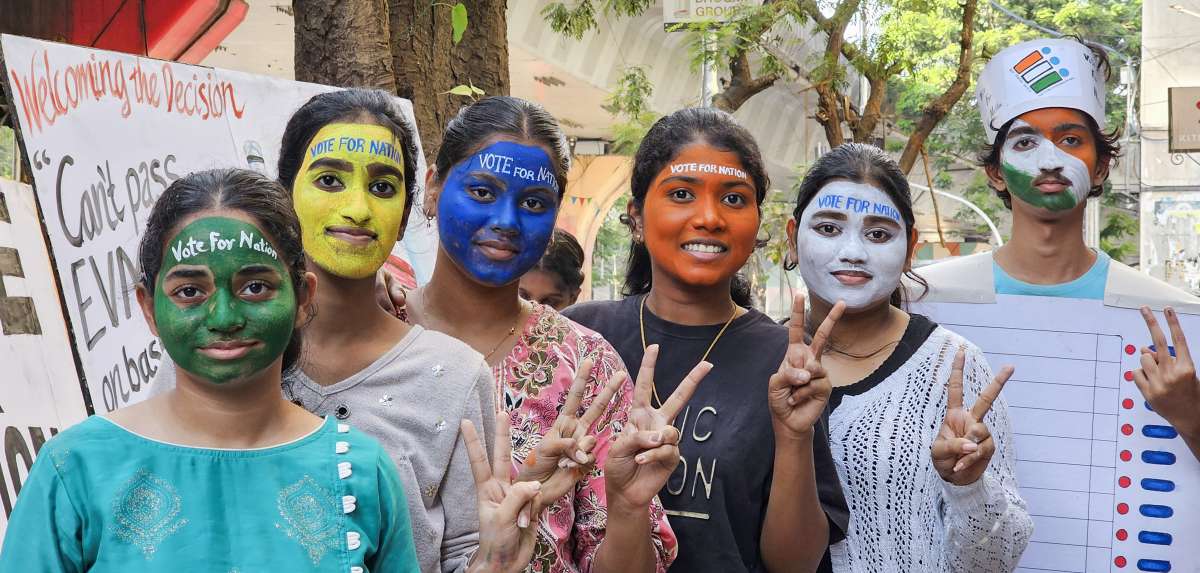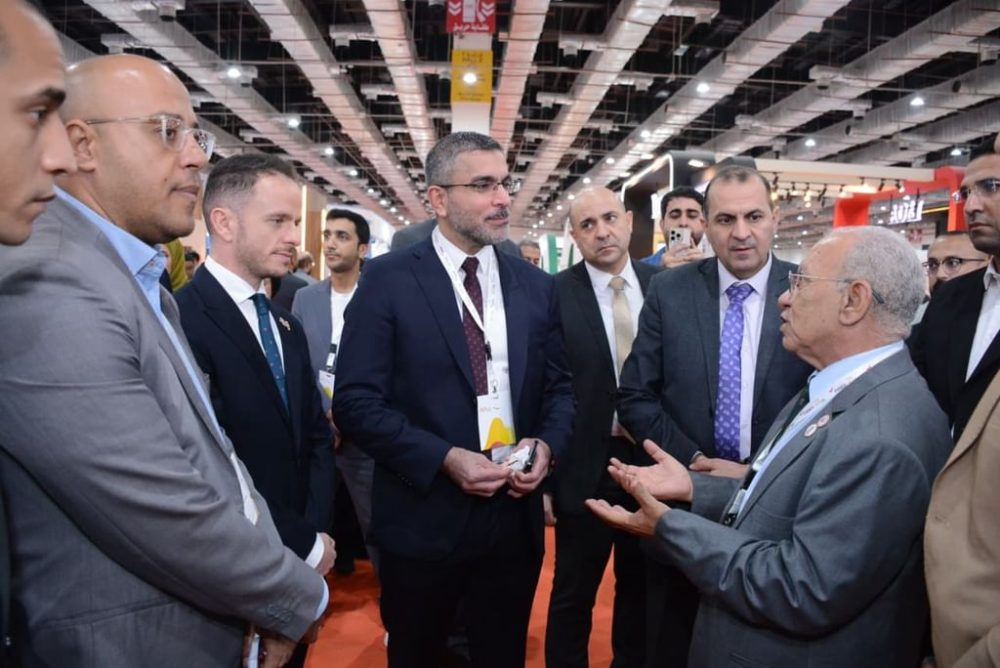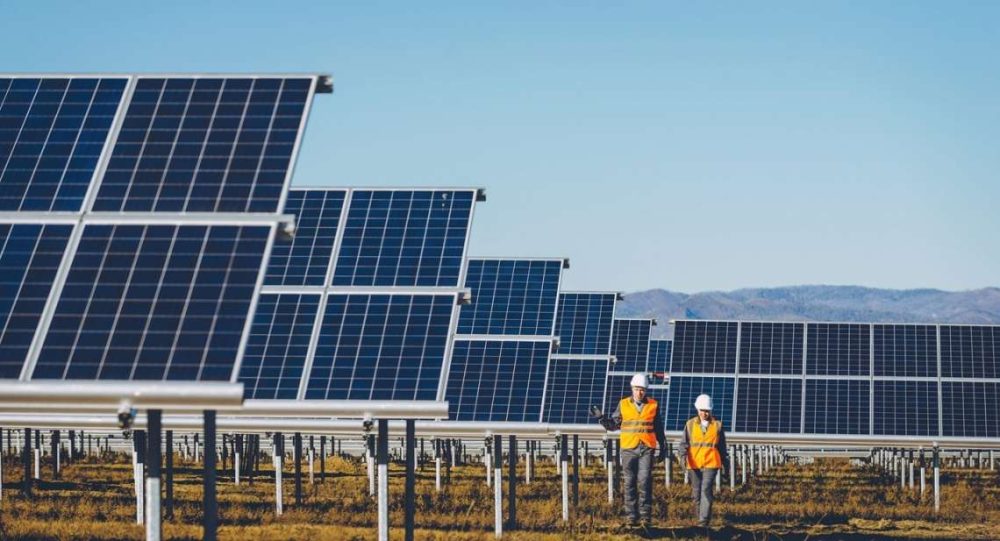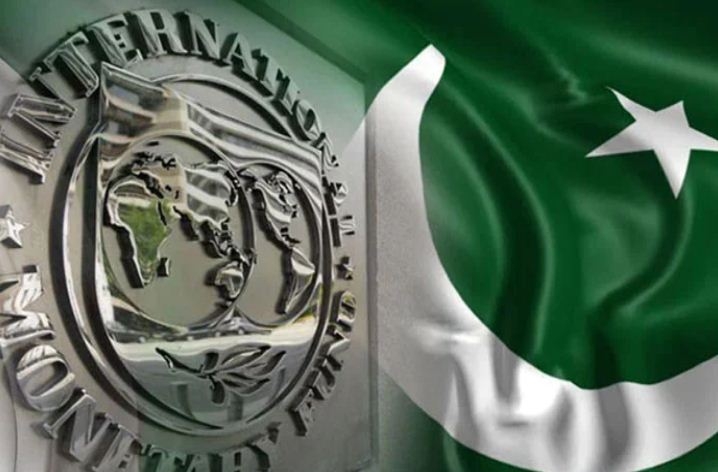Though India does not import any crude from Iran owing to the sanctions, the ongoing geo-political tensions have led to an increase in Brent crude prices…reports Asian Lite News
A sustained flare-up in geopolitical tensions in the Middle East, and the consequent increase in crude oil prices, would negatively impact Indian macros, ratings agency ICRA said on Thursday.
“Geopolitical tensions may impact the Indian macros like CAD, currency, FPI inflows and inflation. For India, Iranian trade is not significant. However, a further escalation of the ongoing geo-political conflict may keep oil prices elevated. If Iran chooses to close the Straits of Hormuz, Indian macros would see a further negative impact,” ICRA said.
While a $10/bbl increase in average crude oil prices is likely to push up the Current Account Deficit (CAD) by 0.3 per cent of the GDP, an escalation of the conflict would also exert pressure on the USD/INR pair and may impact Foreign Portfolio Investor (FPI) inflows to India.
Additionally, this would pose upside risks for WPI inflation, and to a smaller extent to CPI inflation projections for FY2025. A sustained surge in crude oil prices could also exert a drag on GDP growth during the fiscal, ICRA said.
Following Western sanctions on crude oil, Iran’s share in the total Indian merchandise imports declined to below 1 per cent in FY2023 from the average of 2-3 per cent seen in the decade before FY2019.
Though India does not import any crude from Iran owing to the sanctions, the ongoing geo-political tensions have led to an increase in Brent crude prices, the research said.
Further, there is a threat that Iran may close the Straits of Hormuz, which is the main route of transport for crude oil from the Middle East (holding a major share in oil imports) to India, ICRA said.
According to the Acuite Ratings & Research experts, the price of crude oil would breach $100, the central bank may delay cutting the repo rate over uncertainty over disinflation, exports to West Asia may be affected and an increase in shipping costs are some of the likely impact if the conflict between Iran and Israel escalates.
“With the drone and missile attacks on Israel by Iran, there is a perceptible increase in the geo-political risk quotient, imparting higher uncertainty to the global economic outlook. Although crude oil prices are yet to rise sharply beyond $90 per barrel, there is a significant likelihood that it will breach the $100 level if the conflict intensifies further over West Asia,” Suman Chowdhury, Chief Economist and Head-Research, Acuite Ratings said.
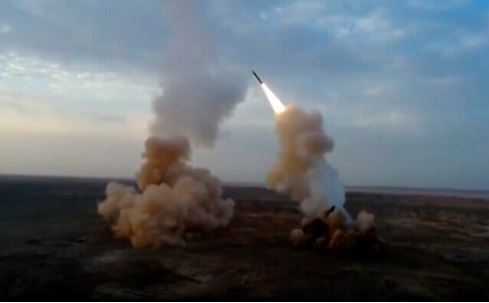
According to him, the US Federal Reserve and Reserve Bank of India (RBI) would delay cutting the interest rate owing to the increased geopolitical risks and uncertainty on disinflation.
Further, there will be higher under-recoveries for the public sector oil companies in India if the increase in crude prices are not passed on to the consumers of petrol, diesel and LPG.
“The oil subsidy bill is likely to be above the interim budget for FY25. If the price rise is sustained, there is also a likelihood of pass-through after the elections,” Chowdhury said.
Similarly, the prices for oil derivatives are likely to rise, impacting the operating margins for sectors like petrochemicals, speciality chemicals, and paints.
In the area of exports-imports, the escalation in conflict will result in increase in shipping costs for imports pushing up the wholesale inflation; merchandise exports to West Asia might slowdown.
“While we have a forecast of 6.7 per cent and 5.0 per cent for GDP growth and retail inflation in FY25, these can become vulnerable to revisions if the Iran – Israel conflict escalates further,” Chowdhury added.







